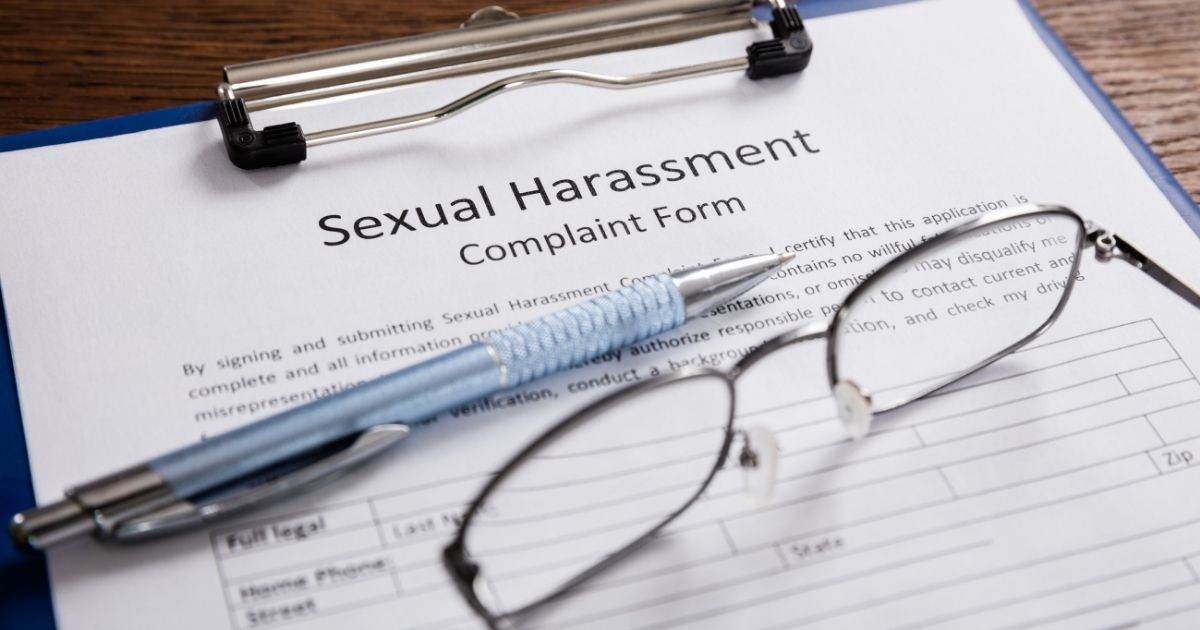An Employee Guide to Reporting Sexual Harassment

People have certain legal rights in the workplace. One of the most prominent is the right to be free of harassment and discrimination. While the #MeToo movement has inspired countless employees to come forward about their mistreatment at work, many still wonder how they can file a report.
Defining sexual harassment/misconduct
The terms sexual harassment and sexual misconduct can constitute a variety of inappropriate actions. They can include asking for sexual favors, making unwelcome sexual advances and other unwanted forms of verbal or physical contact.
Reporting lewd behavior
Here is what employees can do:
- They can tell the harasser to stop if they feel comfortable.
- They can check if their employer has an anti-harassment policy.
- They can report repeated incidents to their supervisor.
If the employer disregards the victims claims, the worker can file a complaint with the Equal Employment Opportunity Commission.
Taking matters to court
In some cases, an employer may fire an employee for filing a complaint. If the worker decides to sue their former employer, there are several remedies they can receive if they win their case. Those include back pay, job reinstatement, emotional distress damages, and compensation for attorneys fees and court costs.
Impacts can go beyond victims
Sexual harassment in the workplace may affect more than just the victims, as such behavior can make for a toxic environment. That’s why those who are filing suit may want to contact a New Jersey attorney who is experienced in employment law. They can help victims understand their rights and get them the compensation they deserve.




 908-679-5011
908-679-5011



